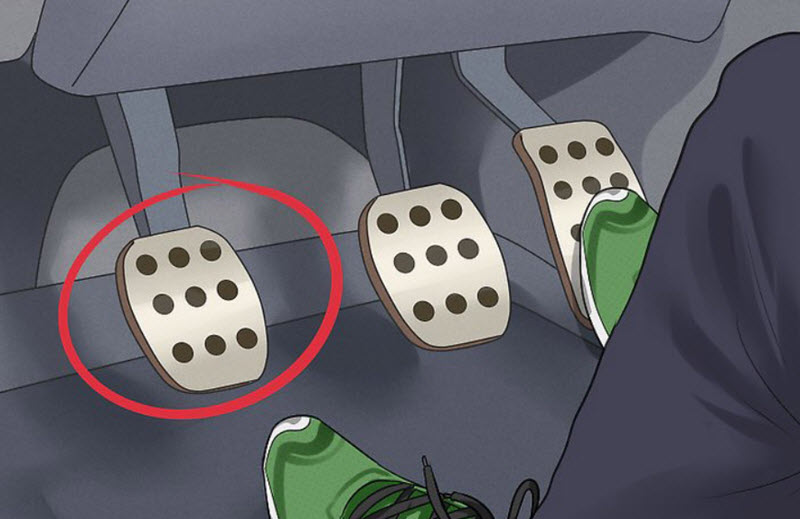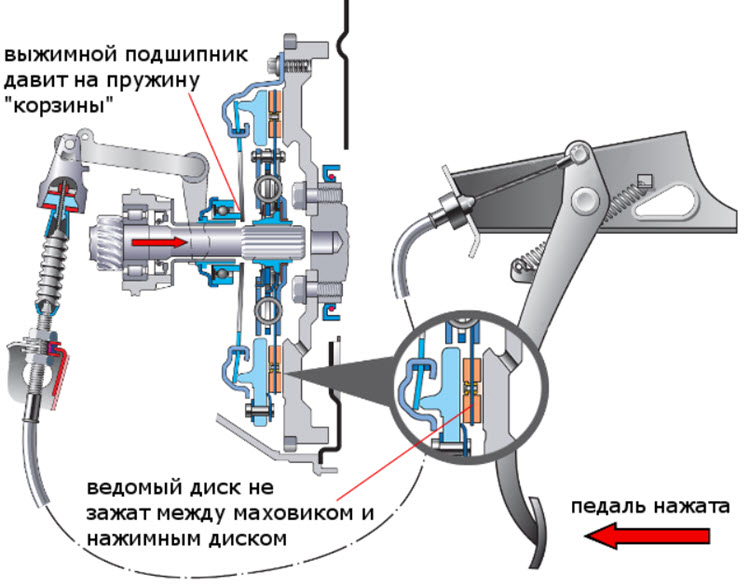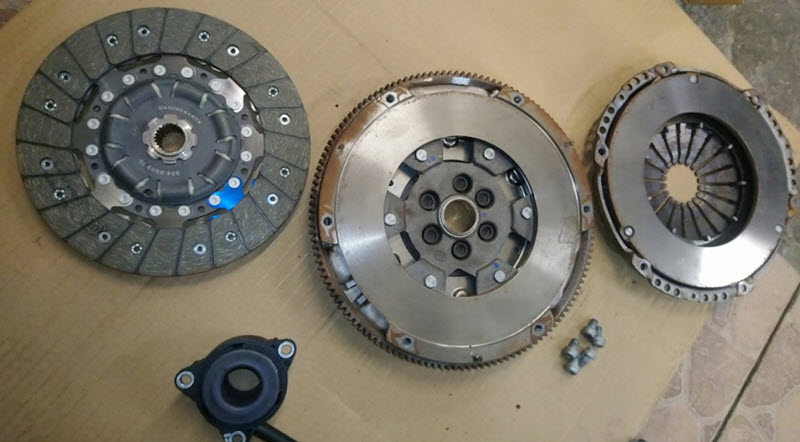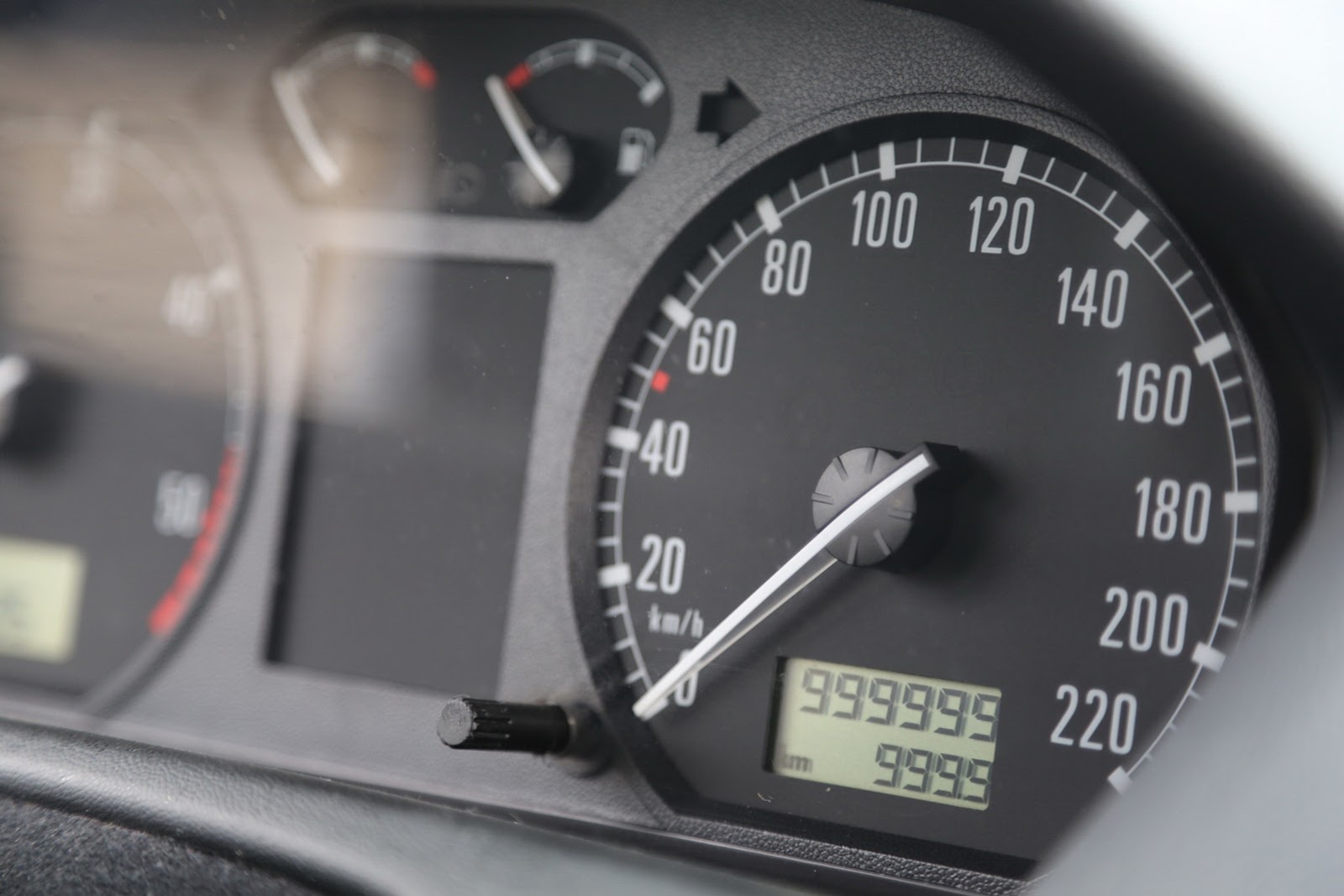
Should I depress the clutch when starting the car?
Content
Many nuances of the practical operation of the car do not have an unambiguous solution. One of them is the need to press the clutch pedal when starting the engine.

There are real factors, both forcing this to be done, and causing some harm when using the technique.
Probably, everyone should decide for himself what to do in a specific situation that combines the car, its condition and the temperature of the units at the time of launch. To do this, you need to know what happens when the starter is turned on.
Features of launching on the mechanics of old cars
Cars of a relatively old design, and they can already be considered everything developed in the last century, especially those using lubricants corresponding to their level, required many half-forgotten manipulations during operation.

One of the mandatory ones is clutch release when the key is turned to the “starter” position. This was justified purely technically:
- manual transmissions were filled with a large amount of thick gear oil, which turned into a kind of gel at low temperatures;
- numerous gears in boxes were forced to rotate in this environment, experiencing significant resistance;
- even the neutral position of the shift lever could not stop the transfer of torque to the gears of the gears;
- the only way to avoid this grinding of the viscous contents of the crankcase is to open the clutch discs by pressing the pedal;
- starters were with low-speed low-power electric motors, planetary gearboxes appeared later;
- the engine needed to be revved to a significant speed to start, the compression ratio was low, compression was poorly provided by a cold and lubricated piston group, and the composition of the starting mixture was adjusted very approximately;
- the energy of the ignition system pulses was highly dependent on the voltage drop in the network, which was determined by the load on the starter and the capabilities of the battery, which was also technologically imperfect and usually not sufficiently charged.
Under such conditions, each launch attempt could be the last for the next few hours. All the shortcomings of clutch release were compensated by the very possibility of starting the engine on the last pendants of electricity and the margin of resistance of candles to throwing.
Blocking the start of a modern engine without a depressed clutch
More modern vehicles use high quality engine and transmission oils with a wide temperature range, so safety issues have become paramount.

If you forget to turn off the gear, the car can quickly start and drive with clear consequences. Manufacturers began to massively introduce an electronic lock on the clutch pedal.
The starter operation was prohibited if it was not pressed. Not everyone liked it, the craftsmen began to bypass the pedal limit switch. The question is quite controversial, everyone should weigh the pros and cons for himself.
In fact, there are two pluses - safety and relative harmlessness due to high-quality materiel materials and lubricants. You also need to be aware of the cons.
Opponents squeeze the clutch
The reluctance to turn off the clutch is argued for several reasons:
- a powerful spring of the diaphragm clutch creates an axial load on the crankshaft, which is parried by thrust bearings; at start-up, they operate with a lack of lubrication and can be pulled up;
- the life of the release bearing is reduced;
- the pedal will still be released purely automatically after the start of the motor, if the gear is on, the car will move in the same way as without pressing.
The most significant argument can be considered the first. Much depends on the time during which the oil film disappeared from the surface of the thrust half-rings of the axial bearing.
Good synthetics create a fairly resistant film, and the engine starts quickly. Nothing bad is about to happen. This does not exclude increased wear and the appearance of critical axial play over time.
Apparently, the truth is in the compromise. It is useful to facilitate the operation of the starter at very low temperatures, at the limit of the oils' performance. How safe it is to forget to turn off the gear at start-up - everyone will guess for himself. Automation will not save you from inattention.
